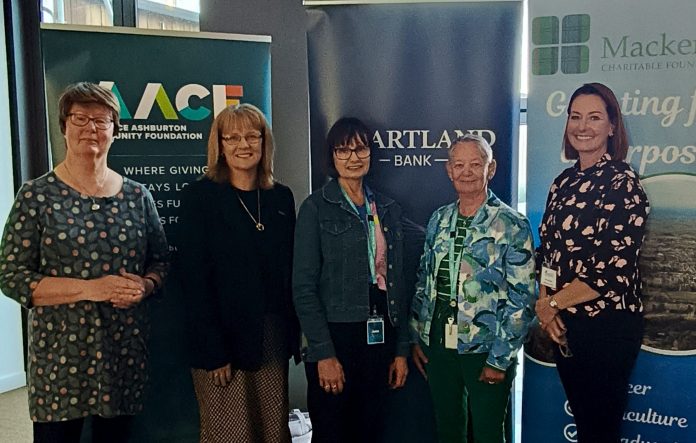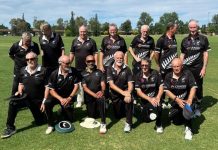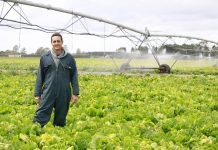
A growing interest in learning about living with dyslexia saw about 60 people attend two workshops in Ashburton.
The ‘‘Understanding Dyslexia’’ workshops were led by literacy specialist and StepsWeb creator Ros Lugg, and drew a strong response from the Ashburton community.
The event was a collaboration between the Ashburton library and the Boost Literacy Initiative.
The workshops covered key areas such as the neuroscience of dyslexia, common processing patterns, early indicators, and practical strategies to support dyslexic learners.
Boost Literacy Initiative co-ordinator Helen Breach said it is estimated one in 10 people are likely to be dyslexic.
‘‘It’s essential to raise awareness and share effective support tools. The strong turnout showed that parents, educators, and specialists are eager to better understand and assist learners with dyslexia in our region,’’ Breach said.
Dyslexia is a neurodiversity, where the brain is wired differently. Other neurodiversities include dyspraxia, dyscalculia, dysgraphia, autism spectrum and attention deficit hyperactivity.
It is a lifelong learning disorder that affects reading and spelling.
It can also cause problems with writing and math.
It is a condition that affects how someone with it processes language.
While it is lifelong how it impacts someone living with it doesn’t remain static. It is the most common specific learning disability.
There’s no cure for dyslexia, but there is help.
The workshops were funded by Advance Ashburton Community Foundation, Mackenzie Charitable Foundation, and Heartland Trust.



